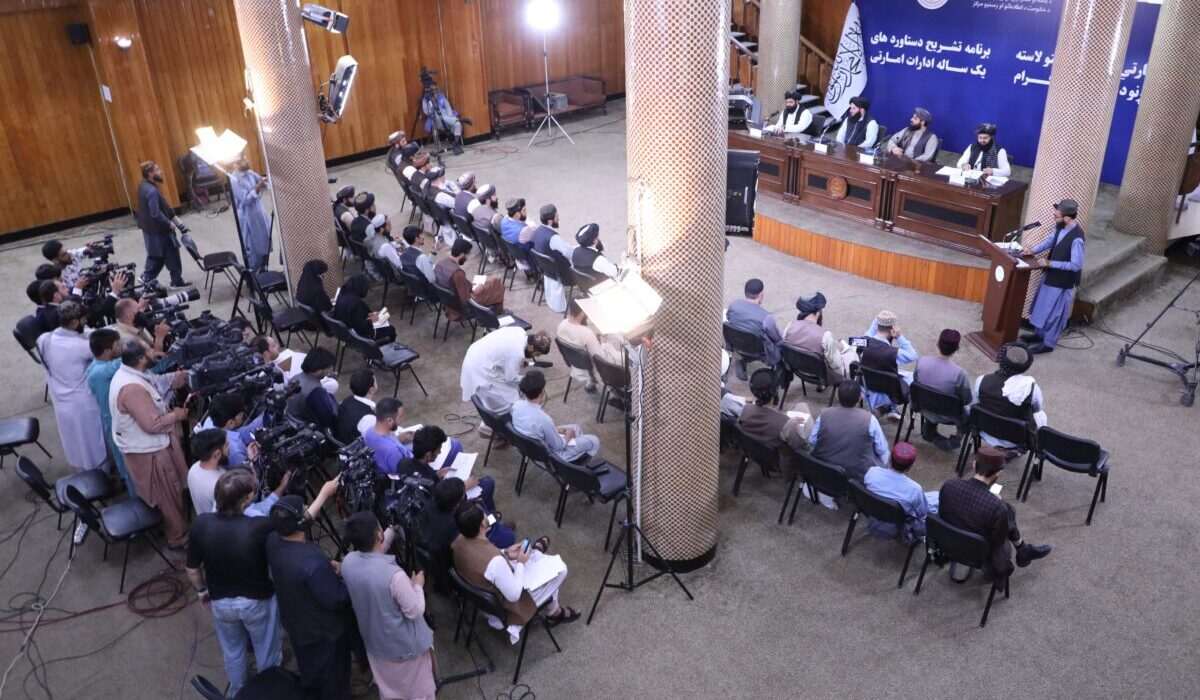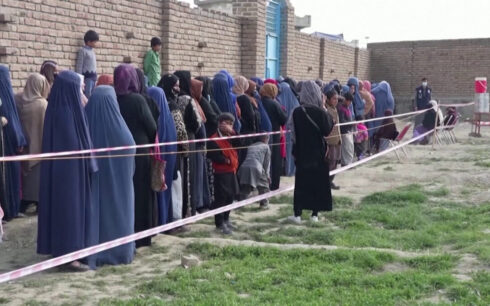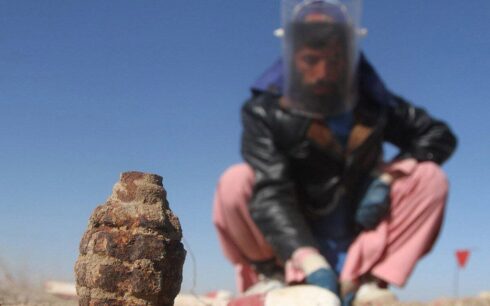Afghanistan Journalists Support Organization (AJSO) in a statement condemned Taliban’s new morality law, stating that it has dealt “devastating blows” to press freedom and media activities in the country.
The organization noted that, while restrictions on freedom of expression, media, and individual liberties have steadily increased under the Taliban’s rule over the past three years, recent developments have extinguished the last remaining hopes for any degree of media freedom.
In a statement, the organization warned that the new law effectively ends the presence of the few remaining female journalists in the country’s media outlets. The law also bans the viewing or broadcasting of foreign media that depict women or even living creatures, a measure described as “the final nail in the coffin” for media work in Afghanistan.
The organization added that anything deemed unfavorable by the Taliban could be censored under this new law, stifling free expression. The organization highlighted the complete ban on visual media by the Taliban, stating, “Television and internet websites without images of living beings are meaningless. Like the 1990s, only Taliban-approved Radio Voice of Sharia and publications will be allowed, while everything else falls under the prohibition of images of living creatures.”
The Afghanistan Journalists Support Organization also reacted to recent remarks by Neda Mohammad Nadim, the Taliban’s Minister of Higher Education, who stated that questions about girls’ education have been postponed indefinitely.
“In modern history, such tyranny, where even the right to question is stripped from the people, is unprecedented. Afghanistan under Taliban rule is rapidly becoming isolated from the world, turning into another North Korea,” the organization said.
The organization condemned the Taliban’s new law and the minister’s comments, calling on international human rights organizations and press freedom advocates to raise their voices against these “oppressive restrictions” in Afghanistan and to take concrete actions to prevent further erosion of freedoms.





